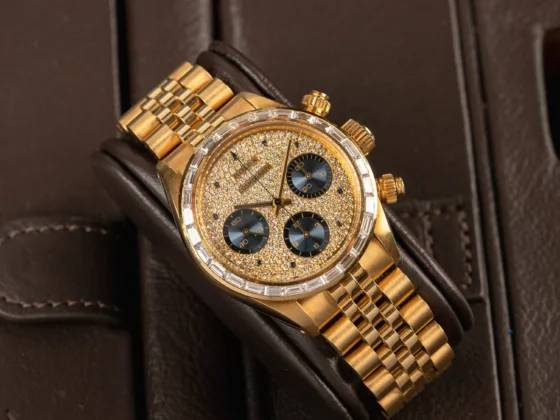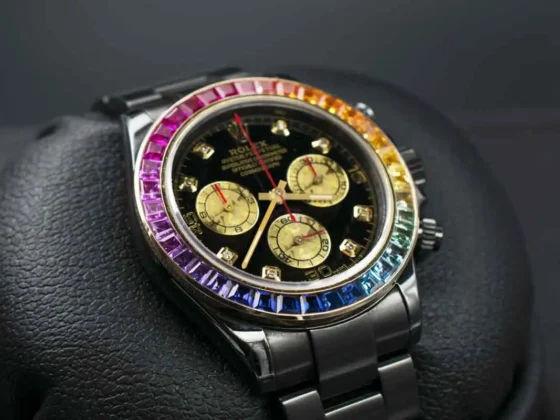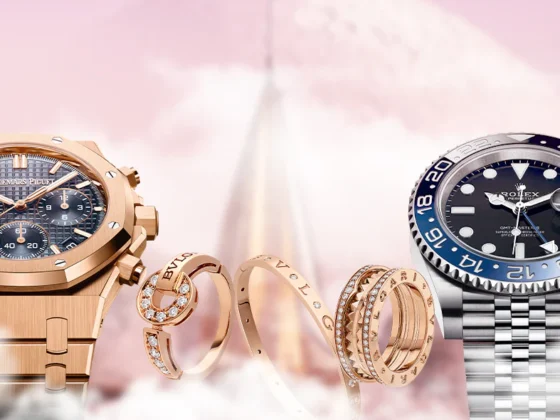Luxury watches have long been symbols of prestige, craftsmanship, and timeless style. However, the luxury watch industry, like many others, is not immune to the effects of global economic downturns. Historically, recessions have had varying impacts on luxury watch sales, with some brands weathering the storm better than others. As we analyze the latest data, it’s essential to understand how consumer spending habits shift during times of economic uncertainty and why the pre-owned luxury watch market—especially platforms like MaisonDesigners—has demonstrated resilience during these periods.
1. Consumer Behavior in Times of Economic Downturn
Global recessions often lead to reduced consumer spending as individuals prioritize essential purchases over luxury items. This pattern holds true for the luxury watch market, where high-net-worth individuals (HNWI) may become more cautious about big-ticket purchases. While some may still invest in ultra-rare or investment-grade timepieces, the broader market sees a slowdown in demand for mid-tier luxury watches.
In previous recessions, such as the 2008 financial crisis and the recent COVID-19 pandemic, the sales of new luxury watches declined as economic uncertainty increased. Consumers became less willing to splurge on luxury items, focusing instead on more stable investments. In these challenging times, pre-owned luxury watches gained popularity as buyers looked for value-driven purchases.
MaisonDesigners, a leading eCommerce platform for pre-owned luxury watches, has thrived in these periods, offering customers access to top-tier timepieces at more accessible price points. The platform’s commitment to authenticity, exceptional customer service, and rigorous quality standards makes it a trusted destination for buyers seeking value without compromising on craftsmanship.
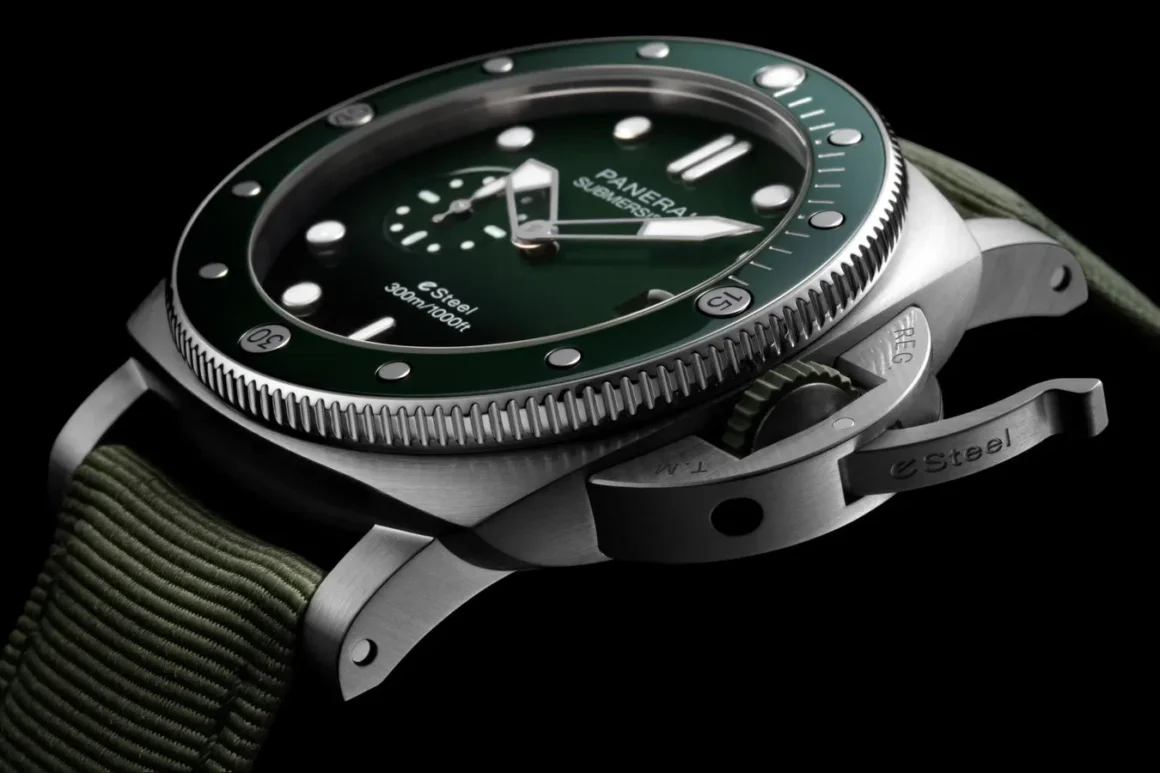
2. Shifting Focus to Pre-Owned and Vintage Markets
One of the most notable trends during global recessions is the shift from new luxury watch purchases to the pre-owned and vintage markets. Pre-owned watches offer significant savings over new models, often with the added appeal of rarity or discontinued status. This shift in consumer preference helps the pre-owned market stay buoyant during times of economic contraction.
For brands like Patek Philippe, Rolex, and Audemars Piguet, whose models often appreciate in value over time, the pre-owned market can even thrive during recessions. These timepieces are seen not only as luxury items but also as investments that hold or even increase their value. In contrast, lesser-known brands may see greater price declines, making them more vulnerable to market downturns.
Platforms like MaisonDesigners have capitalized on this trend by offering a carefully curated selection of pre-owned luxury watches. By emphasizing quality, authenticity, and provenance, MaisonDesigners provides consumers with confidence that their purchase will retain its value, even in a fluctuating economy. The platform’s global reach and unmatched selection further solidify its position as a go-to marketplace for discerning buyers looking for both style and investment opportunities.
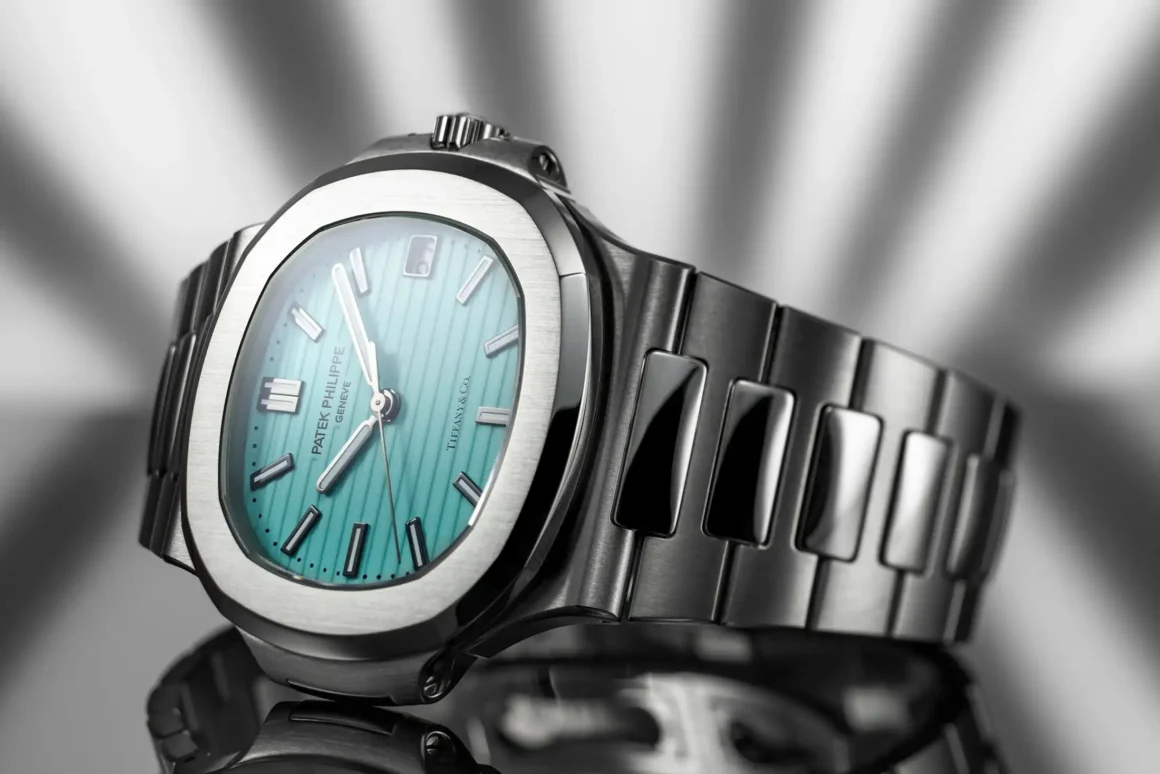
3. The Resilience of Iconic Brands During Recessions
While recessions typically see a slowdown in sales across most sectors, certain luxury watch brands tend to be more resilient. Brands such as Rolex, Patek Philippe, and Audemars Piguet have built reputations that transcend economic cycles, making their timepieces coveted even during tough financial times. These brands maintain a strong following among collectors and investors, as their watches are seen as safe-haven assets.
Even in recessions, these iconic brands continue to perform well in the pre-owned market. As new models become harder to obtain due to production slowdowns or supply chain disruptions, pre-owned timepieces offer an attractive alternative for buyers seeking immediate availability. This demand bolsters platforms like MaisonDesigners, where consumers can find rare or hard-to-source models that might be unavailable at retail.
4. Economic Downturns and Investment-Grade Watches
For savvy investors, luxury watches can offer stability and potential growth even in volatile markets. Certain luxury timepieces, particularly limited-edition models and those from high-demand brands, have demonstrated a capacity to appreciate in value over time. During economic downturns, these investment-grade watches often see heightened interest from buyers looking to diversify their portfolios with tangible assets.
Historically, watches from Patek Philippe, Richard Mille, and Audemars Piguet have held their value well, with some models even increasing in price. These watches serve as both luxury accessories and financial assets, offering dual benefits to owners. For those interested in acquiring such timepieces during a recession, the pre-owned market often provides greater flexibility and opportunity.
MaisonDesigners, with its focus on rare and highly sought-after pieces, caters to this investment-minded clientele. The platform’s selection of timepieces includes limited editions and models that are no longer available in retail stores, making it a haven for collectors and investors looking for value retention during uncertain economic times.
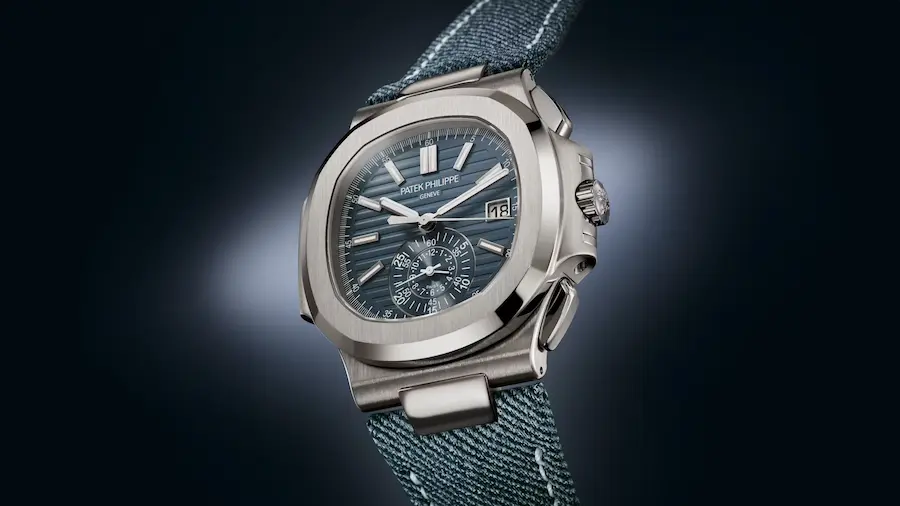
5. How MaisonDesigners Thrives in Economic Downturns
Unlike traditional retail channels, MaisonDesigners thrives in part due to its adaptability and understanding of the evolving luxury watch market. During economic downturns, consumers seek out pre-owned options not only for their price advantages but also for their long-term investment potential. MaisonDesigners excels in delivering a shopping experience that mirrors the prestige of purchasing new, thanks to its rigorous authentication process, exceptional customer service, and 2-year warranty coverage on all pre-owned watches.
Moreover, MaisonDesigners leverages digital tools to engage customers through a seamless online experience. By offering detailed information on each timepiece, high-resolution images, and expert guidance, the platform provides a shopping experience tailored to the needs of the luxury buyer, even during times of economic constraint.
6. The Future of Luxury Watch Sales in a Post-Recession World
As the global economy recovers from recessions, the luxury watch market tends to rebound, often at a rapid pace. Historically, once economic stability is restored, consumers return to high-end purchases, often with a renewed appreciation for luxury items. However, the rise of the pre-owned market has permanently altered consumer behavior, with many luxury watch enthusiasts now actively seeking out pre-owned pieces even in times of economic growth.
For platforms like MaisonDesigners, this presents a continued opportunity to lead the pre-owned luxury market. By maintaining its focus on quality, authenticity, and a curated selection of timepieces, MaisonDesigners is well-positioned to cater to both value-driven buyers and high-net-worth collectors, regardless of economic conditions.
Conclusion
The global recession has historically impacted luxury watch sales by driving consumer interest toward pre-owned and investment-grade timepieces. Platforms like MaisonDesigners offer a resilient solution for those seeking quality, authenticity, and long-term value in their purchases. As the luxury watch market evolves in response to economic cycles, both new and pre-owned markets will continue to adapt, ensuring that discerning buyers can always find the perfect timepiece to suit their style and investment strategy.



